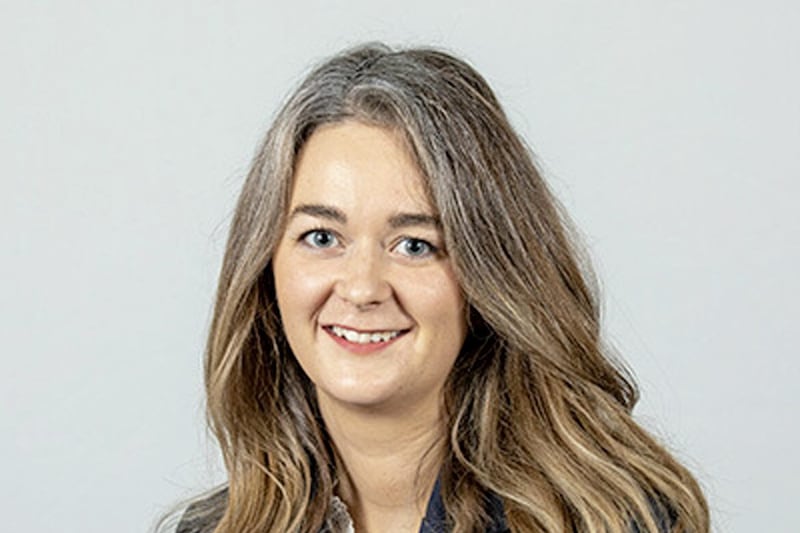QUESTION. I'm self-employed, aged 58 and intend to retire soon. I have good pension provision and have £100,000 in an ISA that has not performed well over the past five years but little other free cash. I have not contributed to my pension in five years. My accounting year end is April 30 and annual profits are around £100,000. What tax matters should I be considering?
ANSWER. As your accounting year ends on April 30, then for the 2022/23 tax year you will have been taxed on your profits for the period May 1 2021 to April 30 2022. New rules for the taxation of the self-employed known as ‘the change of basis reform’ come into force in April 2024 with the current tax year (2023/24) being the ‘transition year’.
The transitional rules mean that in the 2023/24 tax year you will be taxed on profits for the period May 1 2022 to April 5 2024. This is a 23-month period and, at your current profit level, could amount to profits of £190,000 being taxed in one year.
Depending on when you started your business you will have overlap relief to deduct from this and there is an ability to spread the tax charge arising on the incremental profits being taxed in 2023/24 over 5 years. But given that you are nearing retirement, and you have an under-performing ISA portfolio, you should speak to your financial adviser about using your ISA portfolio to make a one-off lump sum payment into your pension given that you have little available cash.
As you already have an existing pension scheme you are allowed to access the three previous years unused contribution limits after you maximise the 2023/24 limit which has increased to £60,000. You therefore have enough scope to make a £125,000 gross (£100k net) pension contribution in the 2023/24 tax year. You only must make the contribution net of basic rate income tax so the lump sum payment you will make is £100,000. The pension scheme then reclaims the £25,000 basic rate tax from HMRC.
In simple terms, ignoring the overlap relief mentioned above, your 2023/24 taxable profits could be £190,000. At this level of profit, you will have lost your personal allowance and with the 45 per cent tax bracket starting at £125,000, some £65,000 of profit will be taxed at 45 per cent. The pension contribution will not only remove you from the 45 per cent tax bracket and reduce profits taxed at 40 per cent, but it will also, importantly, re-instate your personal allowance which will save tax at an effective rate of 60 per cent on part of your profits.
In summary, ignoring overlap relief in 2023/24, your tax liability will be approximately £78,000 in the absence of a pension contribution.
By making a £100,000 net pension contribution this liability falls to £45,000, but £25,000 of this tax is reclaimed by your pension scheme meaning your true tax liability falls to £20,000.
The tax saving is £58,000 or 46 per cent of your £125,000 investment. What other investment can give you an instant, guaranteed, risk-free return of 46 per cent?
:: Paddy Harty (p.harty@fpmaab.com) is private client tax partner at FPM Accountants Ltd (www.fpmaab.com). The advice in this column is specific to the facts surrounding the question posed. Neither the Irish News nor the contributors accept any liability for any direct or indirect loss arising from any reliance placed on replies.








